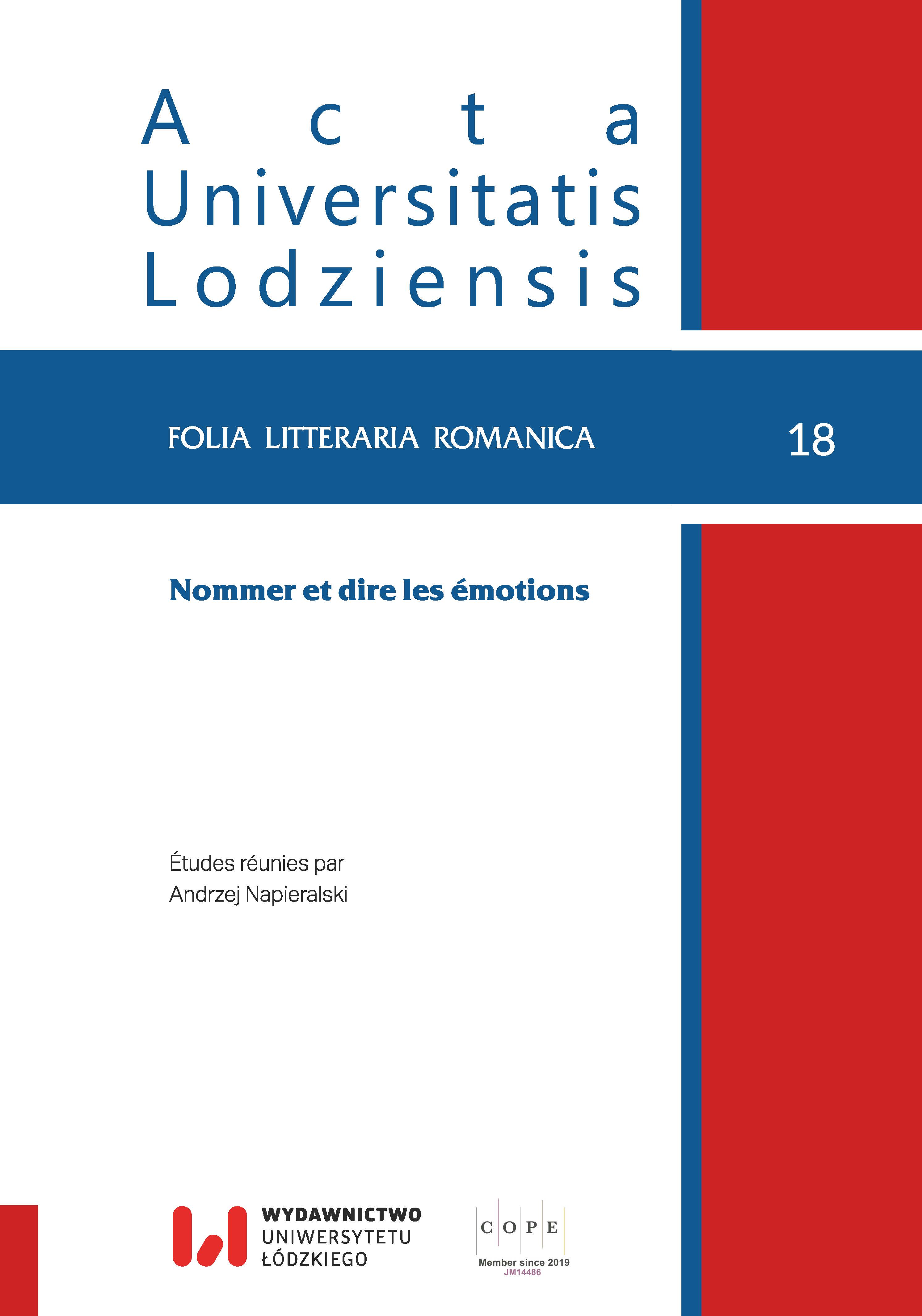On the Feminisation of Job and Title Names in Poland and Their Emotive Reception
DOI:
https://doi.org/10.18778/1505-9065.18.08Keywords:
feminisation, names of professions, emotions, discourse analisisAbstract
The article examines the problem of the feminisation of the names of professions and titles in Poland and their emotive reception. Gender-sensitive designations are already in use in the public sphere and especially in some circles that are less conservative. Nevertheless, the lack of official feminisation guidelines, if we do not take into account a 2019 opinion of the Polish Language Council, could contribute to a rejection of feminised terms by some users of the Polish language. This phenomenon is visible on social media in the emotional comments and in using devaluing vocabulary. The conclusions of our preliminary research are based on an analysis of comments posted in 2022 under the posts of Facebook campaign #wspieramfeminatywy, elaborated by the French banking group Parisbas in Poland. The authors submit to analysis the arguments of the detractors of feminisation by comparing them to those attested in the French-speaking world.
Downloads
References
COSNIER, Jacques (1996), « Les gestes du dialogue, la communication non verbale », Psychologie de la motivation, no 21, p. 129-138
Google Scholar
COSSETTE, Claude, DAIGNAULT, Pénélope (2011), La publicité sociale : définitions, particularités, usages, Québec, Télémaque
Google Scholar
DUBOIS, Jean et al., (2012), Le dictionnaire de linguistique et des sciences du langage, Paris, Larousse
Google Scholar
KOŠKOVA, Mária, SATOŁA-STAŚKOWIAK, Joanna (2017), « Všeobecný mužský rod a maskulinizácia v slovenskom, poľskom a bulharskom jazykovom prostredí », Slavica Slovaca, no 52(1), p. 3-15
Google Scholar
LATOS, Agnieszka (2020), « Feminatywy w stanowiskach Rady Języka Polskiego. Język a ewolucja normy społecznej », Postcriptum polonistyczne, no 2(26), p. 227-242
Google Scholar
DOI: https://doi.org/10.31261/PS_P.2020.26.18
LENOBLE-PINSON, Michèle (2008), « Mettre au féminin les noms de métier : résistances culturelles et sociolinguistiques », Le français aujourd’hui, no 163, p. 73-79. (https://www.cairn.info/revue-le-francais-aujourd-hui-2008-4-page-73.htm, consulté le 4 novembre 2022)
Google Scholar
DOI: https://doi.org/10.3917/lfa.163.0073
MARKOWSKI, Andrzej (2005), Kultura języka polskiego. Teoria. Zagadnienia leksykalne, Warszawa, PWN
Google Scholar
NOWOSAD-BAKALARCZYK, Marta (2009), Płeć a rodzaj gramatyczny we współczesnej polszczyźnie, Lublin, Wydawnictwo Uniwersytetu Marii Curie-Skłodowskiej
Google Scholar
RINN, Michael (éd.) (2008), Émotions et discours : L’usage des passions dans la langue [edition Kindle]. Rennes, Presses Universitaires de Rennes
Google Scholar
DOI: https://doi.org/10.4000/books.pur.30405
SATOŁA-STAŚKOWIAK, Joanna, SOSNOWSKI, Wojciech (2019), « O problematyce kobiecej na płaszczyźnie językowej w kontekście zagadnienia równych szans w Polsce, Rosji i Bułgarii », Socjolingwistyka, vol. 33, p. 127-147
Google Scholar
DOI: https://doi.org/10.17651/SOCJOLING.33.8
VOUILLOT, François (2022), « Chauffeuse c’est un meuble et Rectrice c’est pas beau ! », Travail, genre et société, no 47, p. 157-160
Google Scholar
DOI: https://doi.org/10.3917/tgs.047.0157
https://information.tv5monde.com/terriennes/titres-et-metiers-au-feminin-l-academie-francaise-valide-286408, consulté le 12 décembre 2022
Google Scholar
https://rjp.pan.pl/index.php?option=com_content&view=article&id=1861:stanowisko-rjp-wsprawie-zenskich-form-nazw-zawodow-i-tytulow, consulté le 13 décembre 2022
Google Scholar
https://www.bnpparibas.pl/wystarczyslowo/#!feminatywy, consulté le 28 novembre 2022
Google Scholar
https://www.bnpparibas.pl/wystarczyslowo/#!slownik=naukowiec, consulté le 28 novembre 2022
Google Scholar
https://www.bnpparibas.pl/wystarczyslowo/utils/doc/Raport_z_badania_na_temat_feminatywów.pdf, consulté le 2 novembre 2022
Google Scholar
Downloads
Published
Versions
- 2023-10-30 (2)
- 2023-10-30 (1)
How to Cite
Issue
Section
License

This work is licensed under a Creative Commons Attribution-NonCommercial-NoDerivatives 4.0 International License.













